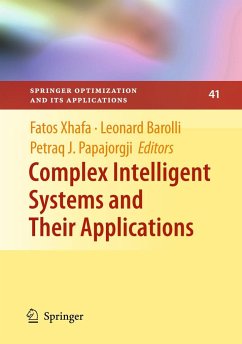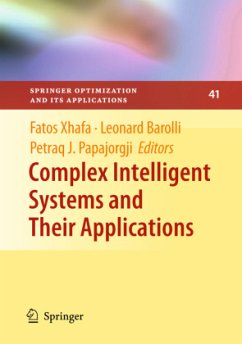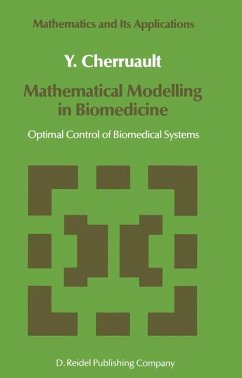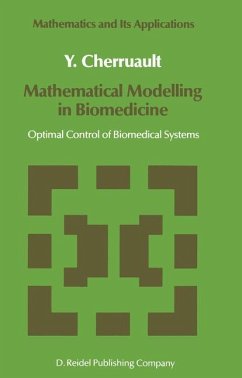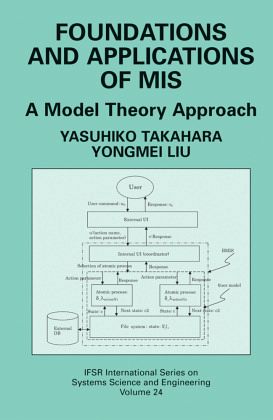
Foundations and Applications of MIS
A Model Theory Approach
Versandkostenfrei!
Versandfertig in 6-10 Tagen
129,99 €
inkl. MwSt.
Weitere Ausgaben:

PAYBACK Punkte
65 °P sammeln!
This book presents a unique systems theory approach to management information system (MIS) development. It covers an outline of the approach, providing a theoretical foundation for MIS from the systems theoretic viewpoint before presenting practical applications ranging from a transaction processing system to a solver system. The author also describes his newly developed extended Prolog programming language, which helps take full advantage of the mathematical framework employed.
Foundations and Applications of MIS presents a unique systems theory approach to management information system (MIS) development. The development is driven by the need to eliminate ambiguity in specification, design and construction of the application software. Further, the authors show that the considerable effort being expanded nowadays on validation, verification and testing, as required in current software engineering practices, will be reduced. The approach also reinforces the belief that MIS development is independent of software development.
The work presents an approach that provides a theoretical foundation for MIS development from the systems theoretic viewpoint along with practical applications ranging from a transaction processing system to a solver system. Both formal systems theory and automatic system generation based on the authors' newly extended Prolog offer a significant increase in the efficiency of specification, design and production of the application software, as well as an increase in the functional reliability of the software produced.
The book assumes a working knowledge of elementary set theory, logic, and familiarity with some systems concepts, such as the automaton model.
The work presents an approach that provides a theoretical foundation for MIS development from the systems theoretic viewpoint along with practical applications ranging from a transaction processing system to a solver system. Both formal systems theory and automatic system generation based on the authors' newly extended Prolog offer a significant increase in the efficiency of specification, design and production of the application software, as well as an increase in the functional reliability of the software produced.
The book assumes a working knowledge of elementary set theory, logic, and familiarity with some systems concepts, such as the automaton model.





